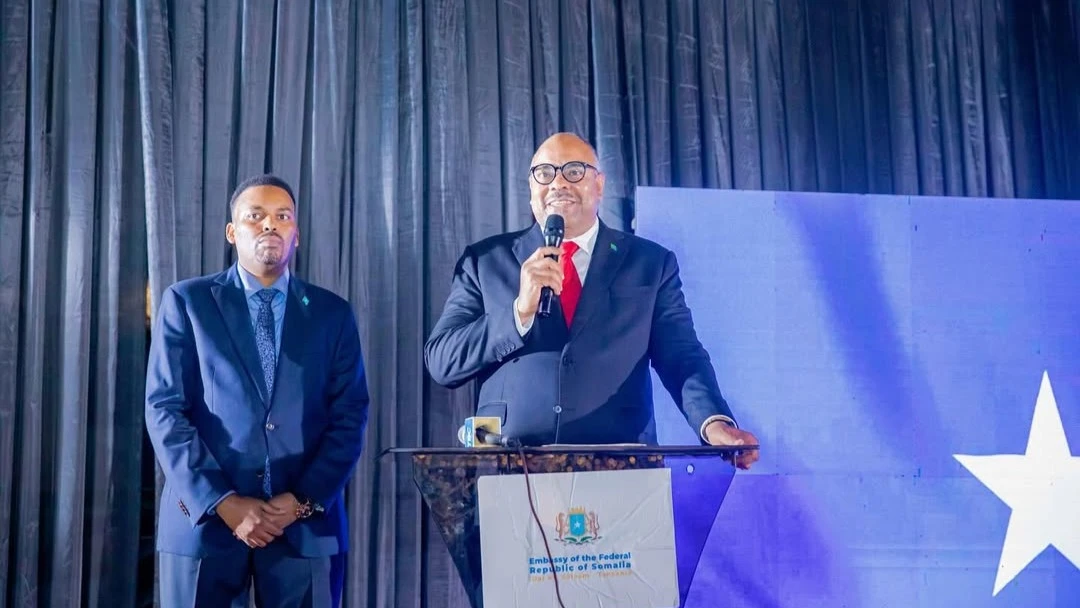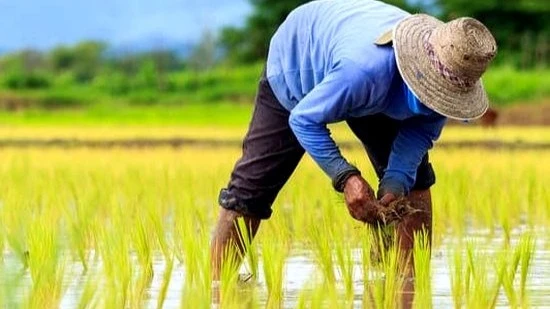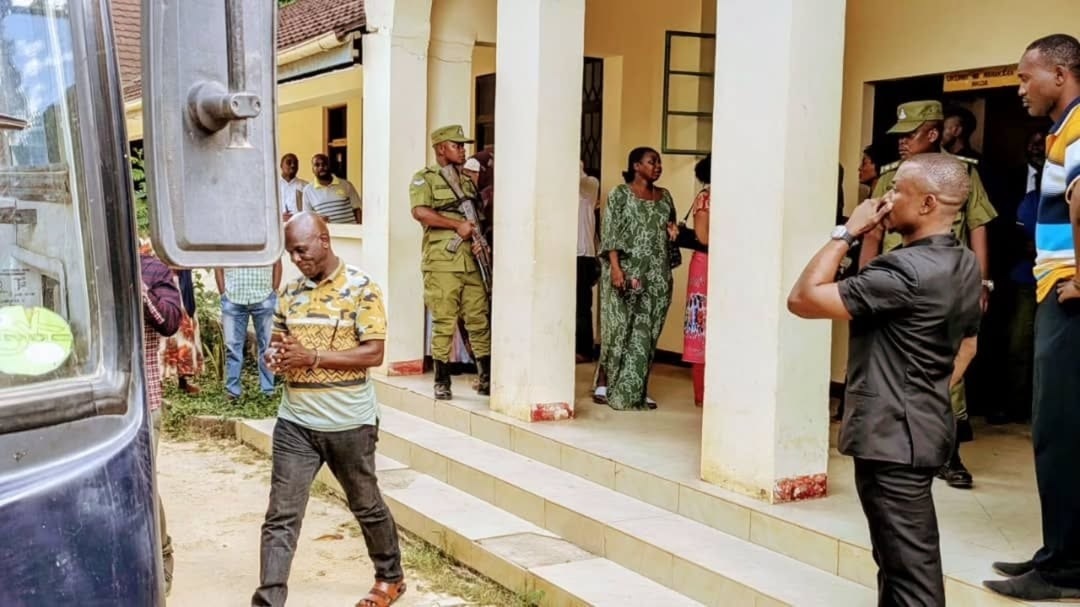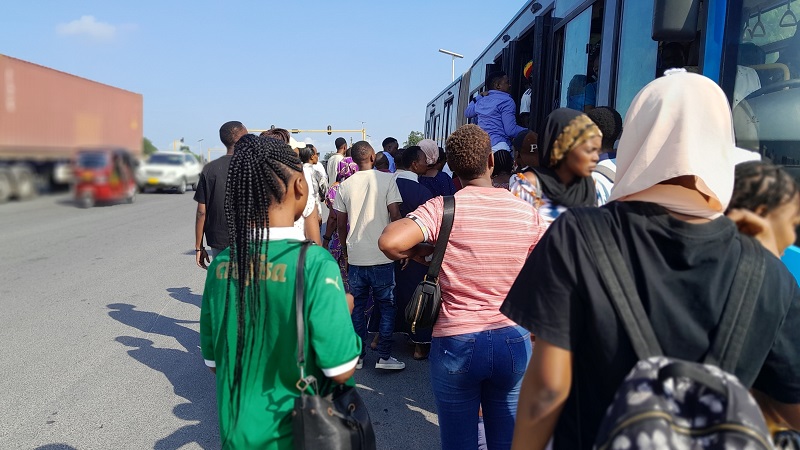Kondoa farmers celebrate native seeds with traditional food expo
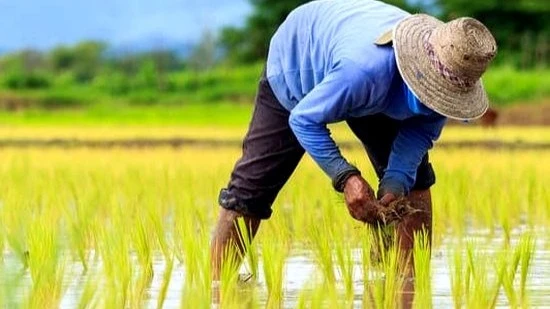
FARMERS in Itundwi village, Kondoa District, have organised a special seed day and traditional food exhibition, bringing together local communities, agricultural officers, and development partners to champion the use of indigenous seeds.
The efforts also are aimed at safeguarding their food security and adapt to the growing impacts of climate change.
They emphasised the importance of preserving indigenous seeds, which are naturally adapted to local climate conditions and more resistant to drought and pests than hybrid varieties.
Representing INADES Formation Tanzania, director Mathias Mtwale emphasised the significance of seeds as a vital source of food. He noted that the event was designed to help farmers showcase local seeds, share experiences, and learn from one another.
“Seeds are not just agricultural inputs; they are the foundation of food security,” Mtwale said. He added, “Together we can maintain local seeds and promote consumption of organic crops which are also healthy for our lives.”
Speaking on behalf of the Kondoa District executive officer, Lazaro Mollel, highlighted the advantages of indigenous seeds. He noted that these seeds do not require a lot of chemicals for storage nor do they depend heavily on rainfall, making them suitable for local farming conditions.
“At this time when Tanzania, like the rest of the world, battles with effects of climate change, local seeds can help us get food,” he noted.
Jacqueline Nicodemus, programme manager at INADES Formation Tanzania, explained that through the climate change resilience programme, farmers are trained on the production and development of indigenous seeds.
She said the programme also focuses on increasing the availability of drought-tolerant seeds and encouraging farmers to return to using local seed varieties. “We want farmers to embrace these traditional seeds because they are better suited for our environment and can support food security in these challenging times,” she said.
Speaking after the event, Michael Kiwele, agricultural officer at INADES Formation Tanzania, said the initiative by the villagers gives hope for sustainable agriculture that can help communities fight climate change. “What we have seen today is a sign that if supported, local efforts like this can transform agriculture and ensure long-term food security,” he noted.
“At least ten villages have been represented in this event, which marks good efforts to save indigenous seeds and promote the fight against climate change,” he added.
Valentino Peter, a 69-year-old resident of Kandege village and one of the participating farmers, expressed his pride in using traditional seeds passed down through generations. “I have been planting local sorghum and millet for many years.
These seeds can survive drought and do not require expensive chemicals. They are part of who we are,” he said. Peter encouraged younger farmers to return to indigenous farming practices to protect their future. “If we abandon these seeds, we are abandoning our heritage,” he added.
Another farmer, Fatma Juma, 61 years old and a mother of five, shared her story of a lifelong connection to indigenous seeds. “I have been planting local seeds since my childhood. I inherited these seeds from my parents and I am proud to continue the tradition,” she said.
Fatma stressed the importance of passing on the knowledge and seeds to future generations. “These seeds are not just food, they are part of our family history,” she added.
These crops are well adapted to Kondoa’s semi-arid climate, requiring less water and fewer chemical inputs than hybrid seeds. Farmers shared knowledge on how to preserve and multiply these seeds to ensure their availability for future planting seasons.
The exhibition, which attracted farmers, local leaders, and agricultural stakeholders, was part of a climate change resilience programme implemented by INADES Formation Tanzania with support from Vi Agroforestry whose vision is a sustainable environment that enables women and men living in poverty to improve their lives. The platform encouraged farmers to exchange knowledge and promote sustainable farming practices suited to changing environmental conditions.
Local leaders praised the initiative, calling for continued support to such community-driven efforts that enhance sustainable agriculture and build resilience against climate change impacts.
Top Headlines
© 2025 IPPMEDIA.COM. ALL RIGHTS RESERVED








